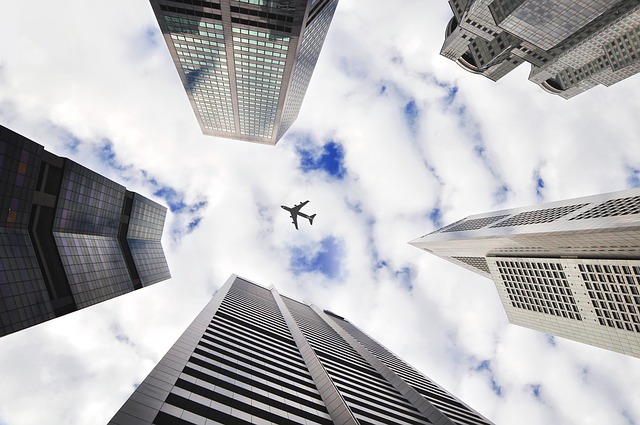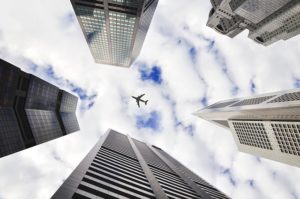Philippine airlines are requesting to be allowed to re-impose fuel surcharges for passenger and cargo operations to offset fuel costs that have been increasing due to the rising price of oil and the weaker peso.
Low-cost carrier Cebu Pacific and sister airline Cebgo this month have filed petitions with the Civil Aeronautics Board (CAB), while flag carrier Philippine Airlines (PAL) filed its appeal last February.
Cebu Pacific and Cebgo seek fuel surcharges for passenger services in the amounts of P70, P140, P210, and P280 for domestic flights.
For international flights, Cebu Pacific is proposing the rates of US$9, $12, $16, and $26 depending on the destination.
For domestic cargo operations, the two airlines propose surcharges of P1, P1.50, and P2 per kilogram based on actual weight. For international cargoes, Cebu Pacific requests $0.20, $0.25, and $30 per kilogram based on actual weight.
Surcharge on cargoes for both domestic and international will not apply to shipments under the minimum weight break of 5 kilograms and below.
Cebu Pacific chief executive officer Lance Gokongwei said “the effect of the fuel price and currency has been quite significant for us.”
“The effect of fuel, approximately P20 million per month for every dollar increase, and the effect of currency is about P65 million per month because of the weaker peso,” he explained in an interview.
“In aggregate, it is costing us P700 million more per month to fly the same route. So we will have to avoid losses and we will really have to become more efficient,” he noted, adding that the CAB petitions will enable the airlines to recover half of the increased costs. Fuel is one of the major operating costs of airlines.
Philippine Airlines (PAL) president Jaime Bautista earlier said the airline is spending more than $80 per barrel of fuel. PAL’s petition, which still awaits decision, will allow it to “recover portion of the additional costs of fuel,” Bautista said.
CAB executive director Carmelo Arcilla earlier said petitions for fuel surcharge were “inevitable” due to rising fuel prices and the Tax Reform for Acceleration and Inclusion (TRAIN) law, which increased the excise tax on fuel.
Airlines had been imposing fuel surcharge until 2015, when it was scrapped by CAB due to the continued decline of oil prices during that time.
Some domestic shipping lines this year have already imposed fuel surcharges due to higher excise tax on fuel.






